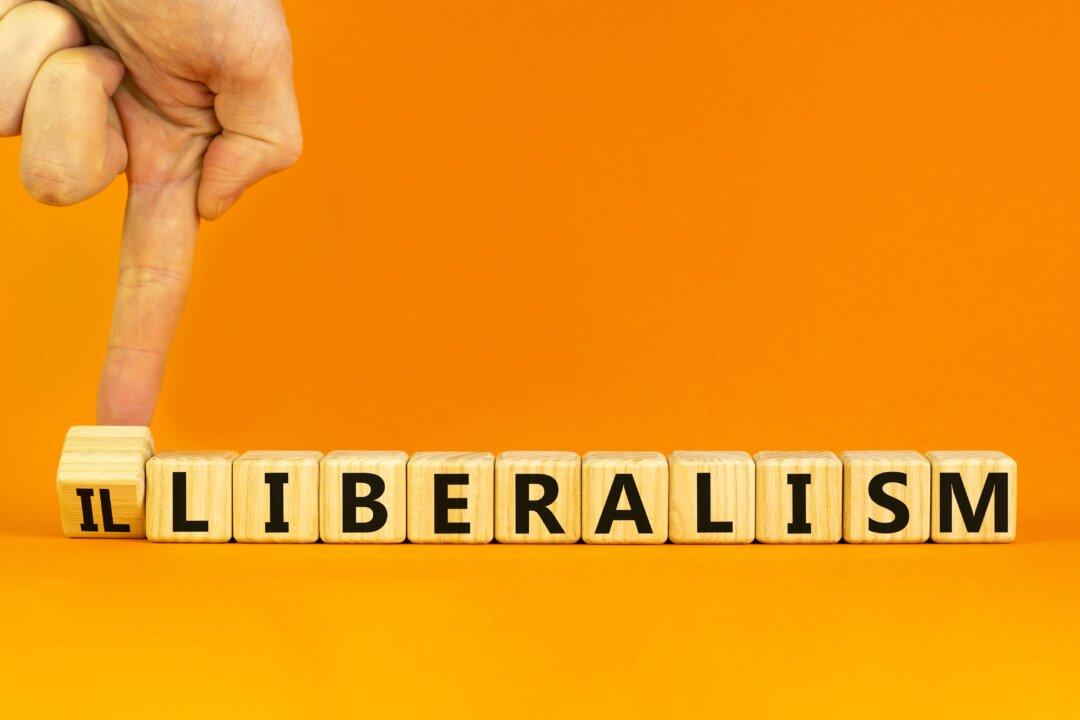Having been in the U.K. for the last 10 days of the Brexit campaign, the victory of the Brexiteers over the Remainians was expected. The debate pitched economics against politics. Maybe, as British journalist David Smith wrote in The Times, “the economics and business case for remaining in the EU is conclusive,” but politics nearly always trumps business.
The Remainers promised that a Brexit would entail deep cuts in living standards. “Don’t risk it. Don’t risk your job. Don’t risk our standard of living. Don’t risk our future.” That, verbatim, was the message of Prime Minister David Cameron. As with the opposition to the Scottish independence referendum two years ago, it was “Project Fear” once again.
Mark Carney, lately Governor of the Bank of Canada and now of the Bank of England, warned that a Brexit meant “chaos.” The Chancellor of the Exchequer, George Osborne, promised if the Leavers won an emergency budget to raise taxes and cut funding for education and health care. His “punishment budget” was immediately repudiated by 65 Conservative MPs, including six former ministers. Carney was told to keep his civil servant’s mouth shut.
The Leavers promised a return to democracy. “Who governs Britain?” they asked. The options were either the elected Parliament at Westminster or the 28 anonymous and unelected commissioners on the EU Council.
The Brexiteers had another effective question: “Would you now vote to join the EU?” The obvious follow-up: “Then why vote to stay?” In short, the Leavers appealed for action, the Remainers for inertia.
But what of the consequences? In the short term one might expect market volatility because of an inevitable uncertainty when British citizens disobeyed their economic betters such as Carney. In the longer term it is not at all clear that Britain would be economically worse off outside the EU.
For example, tariff levels may be set at zero, but extensive regulation on standards, packaging, logistics, agricultural protection, and so forth, along with import duties, indicate that the EU is hardly a free-trade area. Indeed, once out of the EU, which will take at least two years, Britain could unilaterally liberalize its trade arrangements. This would create opportunities for wealth creation for persons other than those who currently benefit from 40 years of regulation.





